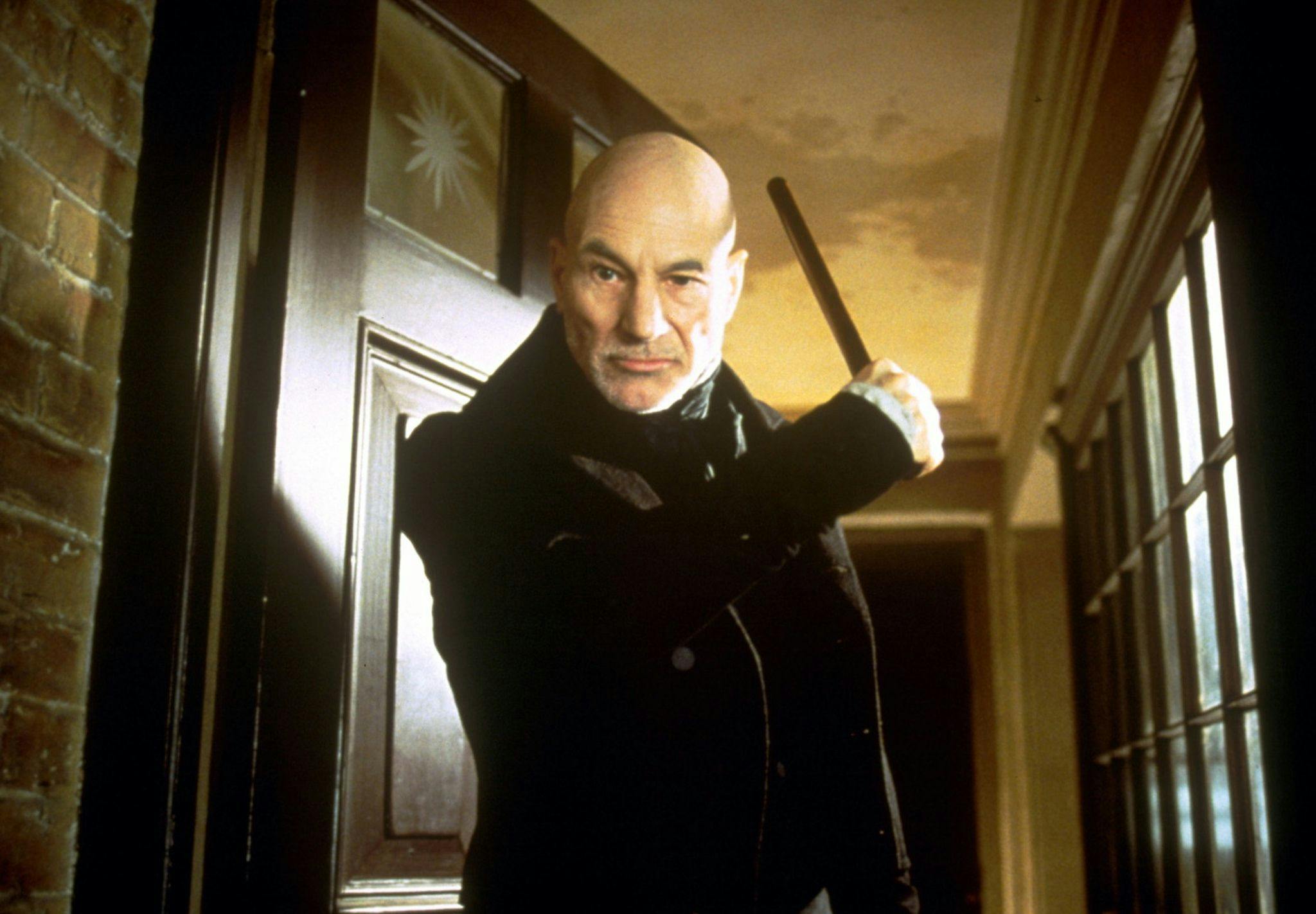Judges Should Get Judged Too

Who judges the judges?
Live Your Best Retirement
Fun • Funds • Fitness • Freedom
That question has taken the forefront in recent days as questions swirl about whether certain federal judges have the authority to block many of President Donald Trump’s actions from early in his second term.
But outside of this federal court limelight, many more decisions—and in some ways even more consequential decisions—are made each day in state courts around the country.
Unlike the federal system, where Article III of the Constitution requires that judges be nominated by the president and confirmed by the Senate before being appointed to the bench where they will serve “during good Behaviour” (that is, for life), many states allow their citizens to directly elect their judges.
The details vary. Some of these elections are partisan. Some aren’t. Some only require citizens to vote on whether to retain the judges after someone else (usually the state’s governor) has appointed them.
But the key concept is that many citizens don’t avail themselves of the opportunity—and responsibility—to vote for their own judges. Much like prosecutorial elections, judicial elections are often low-information, low-turnout affairs.
Those on the left have figured out this sad reality about these highly consequential elections. Many on the right are belatedly realizing this too.
To see this new reality, look no further than the recent race for an open seat on Wisconsin’s Supreme Court, which proved to be the nation’s most expensive judicial election ever held.
There, a Wisconsin supreme court justice announced she would be retiring at the end of her term, leaving an open seat. Everyone recognized the high stakes. The vacant seat would presumably be the tiebreaking vote between the remaining three liberal justices and three conservative justices on the court, with the expectation that the newly elected justice would provide the decisive vote on big ticket cases involving redistricting and abortion.
And after the more liberal-leaning candidate won, that proved to be true—at least in the abortion context—when the court issued a contorted 4-3 opinion striking down the state’s ban on abortion. One dissenting justice called the majority’s opinion a “feeble attempt to justify a raw exercise of political power.”
Judicial elections have consequences.
That’s true at the local level too, where even more states tend to elect local trial court judges. While we tend to hear about what’s happening at state supreme courts, these local judges hear far more cases, exercise far more discretion, and more directly impact the day-to-day lives of those who appear before them and live in their communities.
Unfortunately, many of these local elected judges are acting more like partisan ideologues rather than as impartial arbiters of the law.
San Francisco District Attorney Brooke Jenkins has been particularly vocal about the problems caused by some of the locally elected judges handling her office’s cases. According to Jenkins, “The majority of [San Francisco] judges do not treat drug dealing as a serious crime despite repeat offenses, and the grave consequences visited upon our communities … ”
As a result, “the drug dealers therefore do not fear incarceration, or any significant consequence.”
Jenkins also criticized local judges for having a culture of “viewing property crime as less significant” and of allowing the courthouse to become “a revolving door.”
That revolving door can be particularly pronounced when judges continually grant bail to those accused of serious crimes who present dangers to their communities when released. This problem has become especially prevalent in Harris County (Houston), Texas.
In one instance, a judge decided that a Houston man who had been out on six different felony bonds, now charged with another felony, deserved a seventh. The offender used that freedom to shoot his girlfriend and their child.
In another instance, a Houston judge released on his own recognizance—nothing but his promise to return and to not break the law—a registered sex offender who had 25 previous convictions for indecent exposure.
Then there’s Houston-area judges’ blatant attempts to circumvent Texas law, which prohibits giving personal recognizance bonds to those accused of committing certain violent felonies. To avoid this, one judge imposed a bond of only $1. A different judge did the same for a man accused of beating and kidnapping a woman. Foreseeably, local news later reported that he was arrested on additional charges and returned to jail.
Finally, some local judges believe they are entitled to flout federal law. Hannah Dugan, a Milwaukee judge, helped an illegal alien escape from her courtroom when federal officers arrived. She claims her actions relate to her courtroom management prerogatives, but federal officials rightfully see things differently. Now, Dugan faces federal charges for obstructing justice.
While other entities may be able to discipline judges when they violate ethical rules or otherwise act inappropriately, so many of the decisions judges make—especially at the local level—may never receive the review that they should.
Does the $1 bond break any laws or rules? Maybe not. But it’s certainly a clear attempt to circumvent the policy the people of Texas enacted through their elected representatives. And when that happens, it’s up to the people to judge their judges.
That’s why judicial elections matter—from a state’s highest court all the way down to the local courts, which handle vitally important matters every day.
The post Judges Should Get Judged Too appeared first on The Daily Signal.
Originally Published at Daily Wire, Daily Signal, or The Blaze
What's Your Reaction?
 Like
0
Like
0
 Dislike
0
Dislike
0
 Love
0
Love
0
 Funny
0
Funny
0
 Angry
0
Angry
0
 Sad
0
Sad
0
 Wow
0
Wow
0











































































